10 Phones with the Best Selfie Cameras in 2024
Today's smartphones come with impressive camera features. In the future, these cameras might even surpass traditional cameras like DSLRs. As a result, many companies are striving to create smartphones with top-notch cameras.
The focus isn't just on the main or rear camera; the front-facing, or selfie camera, is also important. This is because a lot of people want phones with great front camera quality for taking good selfies.
If you are looking for the best phone for selfies, you're reading the right article. We will be sharing a list of phones with the best selfie cameras. These are tested by DxOMark, a known camera quality rating website. Let’s take a quick look at the list before we go into details. Here's a sneak peek:
1. iPhone 15 Pro Max
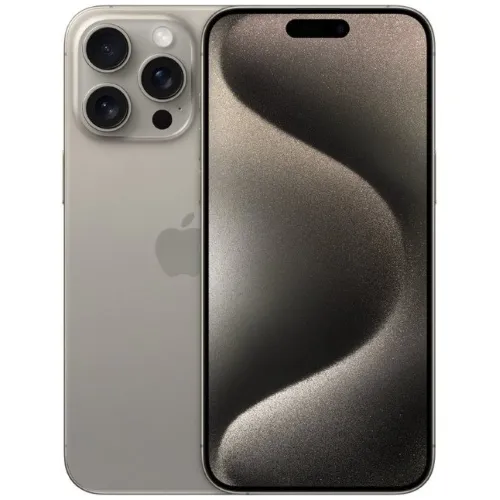
The iPhone 15 Pro Max's front camera has a 12 MP resolution with an f/1.9 aperture. It features autofocus, which helps in capturing clear, sharp images effortlessly. The video recording capability supports 4K resolution at 60 frames per second (FPS).
This phone scored 149 points on the DxOMark Selfie test. This score is broken down into 145 points for photos and 156 for videos. For photos, the phone excels with a creamy bokeh effect, very fast and accurate autofocus, and great exposure management.
When it comes to recording selfie videos, like for vlogging, the iPhone 15 Pro Max has got an excellent stabilization! There’s no visible shaking to ensure the smooth footage. The color quality in videos is realistic and impressive, especially with its ability to handle low light well.
An interesting feature is its Cinematic Mode, which allows recording videos with automatic Hollywood-style blur effects.
2. iPhone 15 Pro
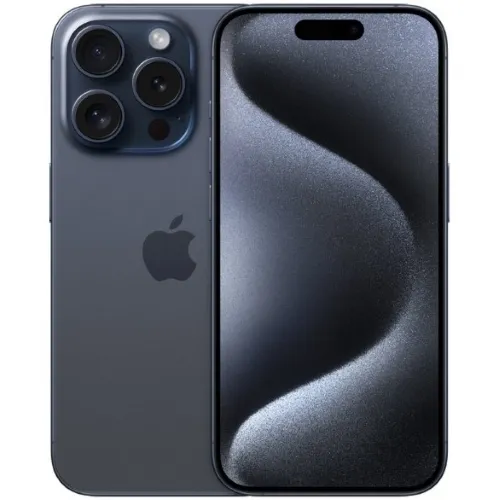
While it might not be as advanced as the Pro Max model, the regular iPhone 15 Pro still offers impressive selfie photos and videos. It has the same front camera setup as the Pro Max: a 12 MP sensor with an f/1.9 aperture and autofocus.
Like other high-end phones in its price range, the iPhone 15 Pro can record videos in 4K at 60 FPS, combining high resolution with smooth motion.
It stands out for its ability to create a beautiful bokeh effect, neatly focusing on the subject. The video stabilization is also very effective, whether the phone is still or moving. As expected from an iPhone, its autofocus is reliable for capturing detailed photos. It locks focus quickly and has a wide depth of field.
However, the phone does have some issues. There is noticeable noise in all video recording conditions and an inconsistent level of sharpness when recording videos on the move.
3. iPhone 14 Pro Max
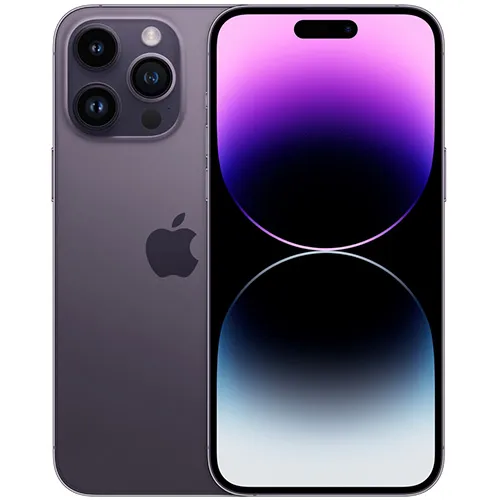
The iPhone series is known for its high-quality cameras, including the front cameras. The iPhone 14 series, and especially the Pro Max model, have seen significant improvements in this area.
The iPhone 14 Pro Max features a front-facing camera housed in the Dynamic Island notch. It has a 12 MP resolution, a 1/1.6" sensor size, an f/1.9 aperture, and a 23mm focal length. It also includes PDAF and OIS for enhanced photo and video quality.
Moreover, this model has a new TrueDepth selfie camera with autofocus and a larger aperture that offers much better results in low light than previous models.
Like the rear camera, the front camera can produce 4K videos at 60 fps. Videos are stabilized using a built-in gyro-EIS, reducing shake.
DxOMark tests give the iPhone 14 Pro Max an overall selfie camera score of 145. This score ranks it as the top phone for selfie cameras. Breaking down the score, it received 139 for photo capabilities and 154 for video.
4. iPhone 14 Pro
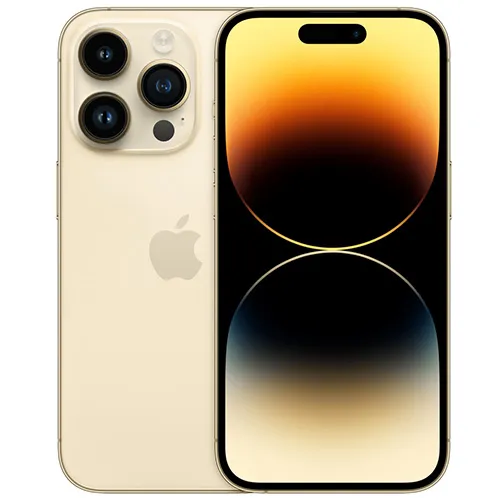
Just a step below the "Pro Max" version, the iPhone 14 Pro has camera quality that's almost the same. In fact, these two phones are quite comparable in capabilities. This similarity can be seen from their specs, from the rear to the front cameras.
The iPhone 14 Pro's selfie camera also has a 12 MP resolution. It features a sensor size of 1/1.6", an aperture of f/1.9, and a focal length of 23mm. Additionally, this phone's front camera includes PDAF and OIS features for more stable shooting.
Its video recording quality is impressive, supporting 4K resolution at 60 fps. The camera movement is smooth, ensuring better results. The videos also have gyro-EIS to reduce shake while recording.
A DxOMark review shows that the iPhone 14 Pro's selfie camera scores 145, matching the "Pro Max" because of similar specs and capabilities. Breaking down the score, it achieves 139 for photography and 154 for video.
5. Google Pixel 8 Pro
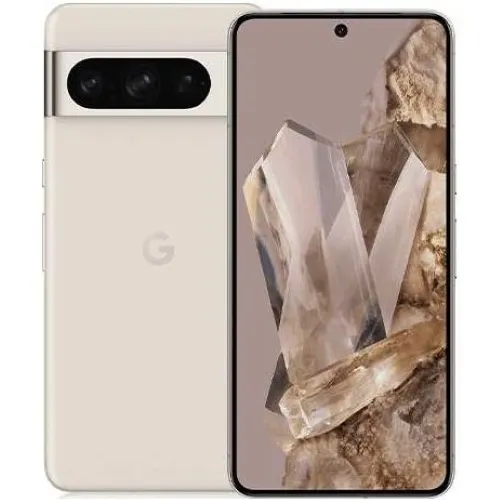
The Google Pixel 8 Pro is not only great for its artificial intelligence capabilities but also for its excellent selfie performance in the flagship category. The front camera has a 10.5 MP resolution, an f/2.2 aperture, and a pixel size of 1.22 microns.
Among its features, the phone's front camera includes autofocus for precise subject targeting and 4K video recording at 60 FPS. Two key qualities of the selfie camera are its effective color rendering in photo mode and impressive stabilization in video footage.
The video stabilization, especially during vlogging, is very smooth, whether panning or moving. Details are generally very good in bright lighting conditions, for both selfies and video recording.
Focusing on faces is also accurate. This means you can simply open the camera app, switch to selfie mode, and take a photo confidently because of the reliable autofocus.
According to DxOMark, the smartphone earned an overall score of 145 points, with 143 in photography and 149 in videography. On the photo side, its best feature is color rendering, scoring 106 points, while in videography, it excels in stabilization with 82 points.
6. Huawei Mate 50 Pro
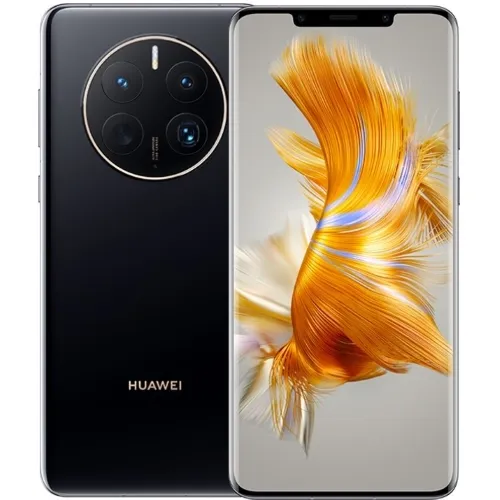
The Huawei Mate 50 Pro, according to DxOMark tests, has a selfie camera score of 145 points, placing it alongside others in the top three. However, it stands out with different specifics. Its score is based on an impressive photography score of 147 and a video score of 143.
This means the Huawei Mate 50 Pro excels more in photography, which isn't surprising given its superior camera setup. It features two selfie cameras within a notch that looks like the one on the iPhone series.
The notch houses a 13 MP ultrawide camera with an f/2.4 aperture and 18mm focal length. This wide-angle lens can capture more in one frame. Additionally, there's a 3D ToF sensor that enhances face scanning, making it quicker and more accurate.
The phone also does well in video quality, supporting 4K resolution at 60 fps. However, it lacks additional video features like gyro-EIS.
7. iPhone 14 Plus
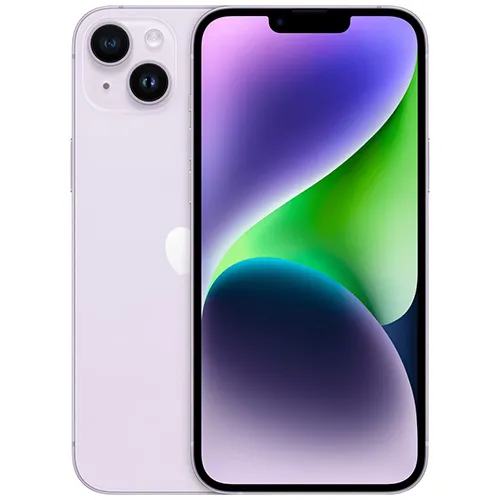
The iPhone 14 Plus is ideal for those who find the regular iPhone 14 too small. With its 6.7-inch screen, it gives you a more enjoyable experience compared to the 6.1-inch iPhone 14. It maintains the familiar notch design seen in the iPhone 13 and 12 series, unlike the Dynamic Island feature in the iPhone 14 Pro and Pro Max.
The iPhone 14 Plus runs on the Apple A15 Bionic chipset, the same as the iPhone 13 series. This is one reason why its photo quality might not match the iPhone 14 Pro and Pro Max, as it uses an ISP with different capabilities.
For photography, it has a 12 MP wide-angle sensor and a 12 MP ultrawide camera with a 120-degree field of view. The front camera features a 12 MP (f/1.9) sensor with a 1/3.6-inch size and a 3D SD sensor.
Both front and rear cameras can record up to 4K resolution at 60 FPS. The Cinematic Mode feature allows users to create videos with a blurred background that shifts focus automatically, giving a Hollywood-like effect.
In DxOMark testing, the iPhone 14 Plus scored 144 points for its front camera, with 138 in photography and 153 in videography. It was noted for producing high detail, accurate autofocus, and a wide depth in portrait mode. For vlogging, the front camera provided precise exposure of the subject.
8. iPhone 14
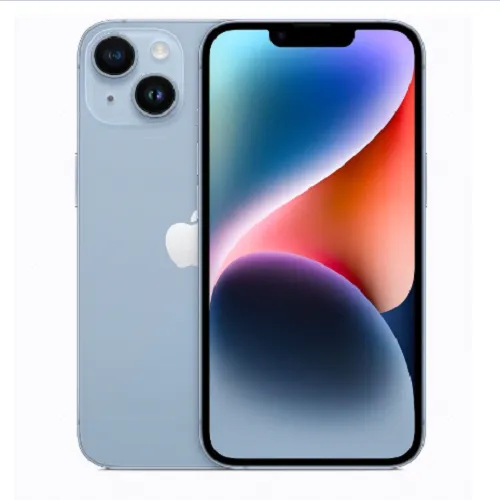
If you prefer a smaller iPhone 14, the regular variant with a 6.1-inch screen is a good choice. It's quite light, weighing no more than 172 grams. However, this size also affects its battery life, which is the smallest among the higher-end variants.
Like the iPhone 14 Plus, this phone has a 12 MP (f/1.5) main camera with a 1/1.7-inch sensor and a 12 MP ultrawide camera. The front camera remains the same too, with a 12 MP sensor and an SL 3D camera.
Since it has the same camera configuration and chipset as the iPhone 14 Plus, its DxOMark score is also 144 points. Both the regular iPhone 14 and the iPhone 14 Plus rank as the 4th best phones for selfie cameras as of the end of March 2023.
The iPhone 14 is known for its natural white balance and stunning skin tones in indoor and bright light conditions. It is great for in capturing details and gives a beautiful bokeh effect in portrait mode.
9. Huawei P50 Pro
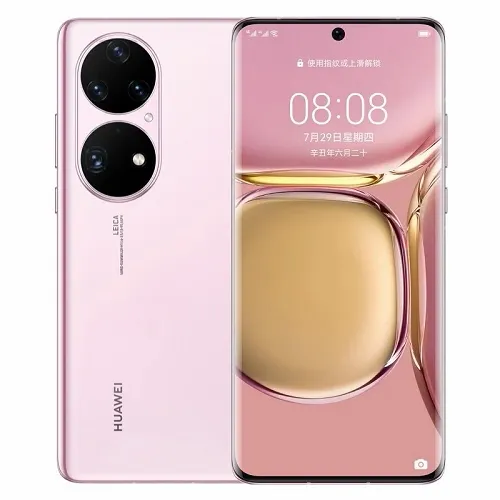
DxOMark has praised not just the rear camera of the Huawei P50 Pro, which scores 143, but also its front camera. The overall score for the front camera is also high at 144.
It uses a 12 MP Sony IMX688 sensor with an f/2.4 lens and an 18 mm focal length, the same as the Huawei P40 Pro. However, Huawei has added a PDAF (phase detection autofocus) system. This is the first Huawei phone with a front camera that includes PDAF.
DxOMark notes that the front camera of this phone can produce photos with good exposure, especially for faces. It also performs well in dynamic range, white balance, and focus, even at wide angles. The details in photos are solid with minimal noise.
For video recording, the front camera captures good exposure for faces. It locks focus well on multiple subjects, both indoors and outdoors during the day. The stabilization system in the front camera effectively reduces the impact of vibrations.
10. Google Pixel 7 Pro
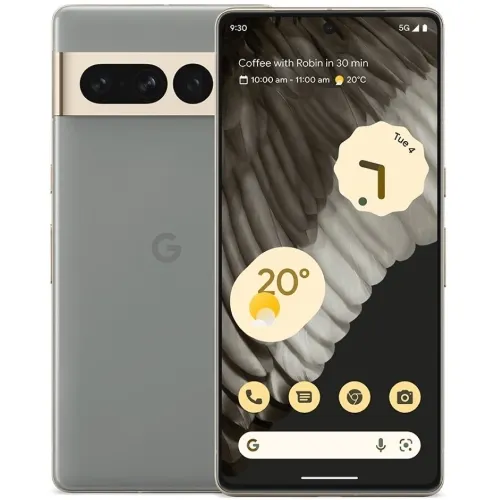
The Google Pixel 7 Pro is known not only for its excellent rear camera but also for its high-quality front camera. It features an interesting selfie camera housed in a punch hole design.
The front camera of the Google Pixel 7 Pro uses a 10.8 MP ultrawide lens with a 1/3.1" sensor size, an aperture of f/2.2, and a 21mm focal length. While its resolution isn't the highest, the images it produces are very good.
The photography capabilities of the Google Pixel 7 Pro are also enhanced by its chipset. It's powered by the Google Tensor G2 chipset with a 5 nm fabrication. This chipset boasts ISP and machine learning capabilities that are competitive in the flagship phone category.
Regarding video, the Google Pixel 7 Pro can record at 4K quality with 60 fps. However, it lacks additional features like gyro-EIS and OIS for stabilization in photos or videos. Nevertheless, with a 60 fps frame rate, the movement in videos is smoother.
Although it doesn't score as high as the Huawei P50 Pro, Huawei Mate 50 Pro, or the iPhone 14 Pro Series, its score is well-balanced. It achieves a score of 140 in photography and 146 in video. With these scores, DxOMark gives the Google Pixel 7 Pro an overall score of 142.
When considering which of these phones with the best selfie cameras to choose, remember that all ten are high-end phones, not mid-range models. So, besides aiming for quality selfie photos, ensure you have the budget to afford one of these top selfie camera phones.
